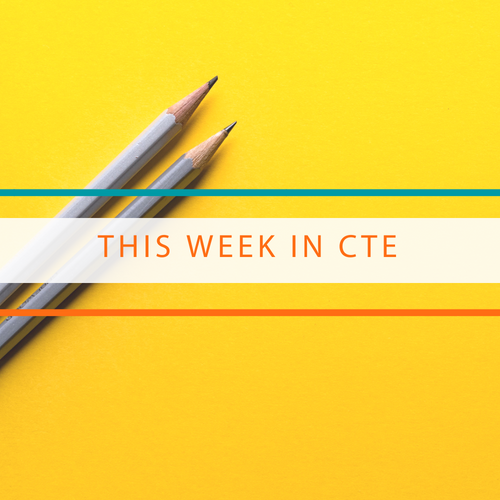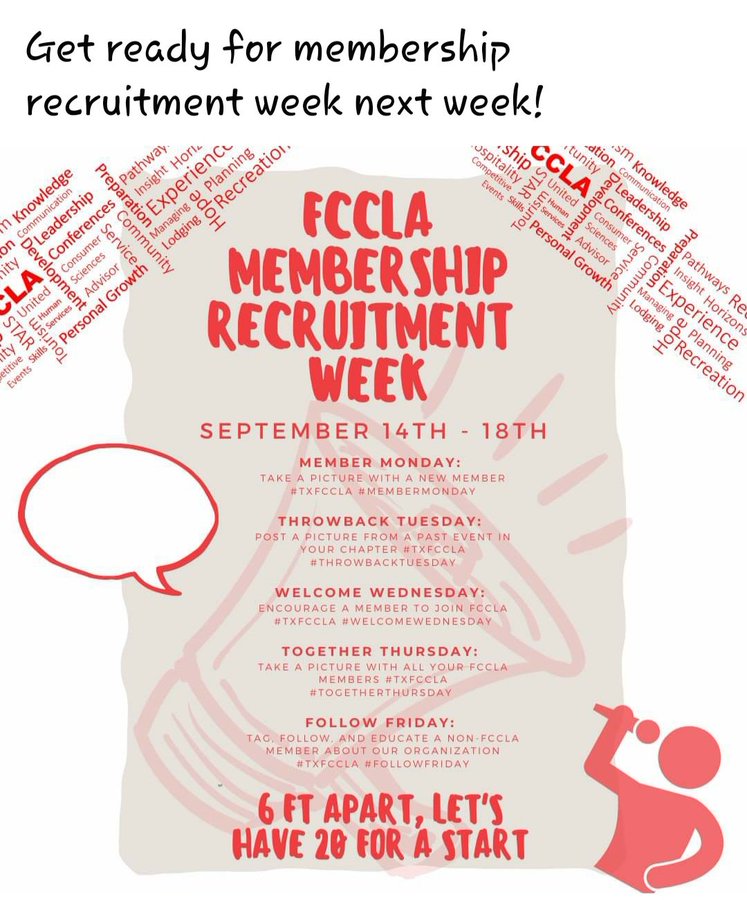In November, Advance CTE and ECMC Foundation announced the inaugural cohort of The Postsecondary State Career Technical Education (CTE) Leaders Fellowship at Advance CTE—Sponsored by ECMC Foundation. The Advance CTE – ECMCF Fellows include representation across multiple demographic categories which emphasizes the Fellowship’s goal of intentionally building a postsecondary leadership pipeline for underserved populations in CTE that closes racial representation gaps, and removes equity barriers to postsecondary leadership advancement.
Over the next few months, this blog series will introduce each Fellow participating in the inaugural cohort of emerging leaders from 12 states, including 13 professionals of color.
 Donald Walker (Michigan) has over three decades of experience in broadcast and digital media production and education, and currently serves as Director of Multimedia at the Detroit School of Arts in Detroit, Michigan. He earned multiple credentials from the Specs Howard School of Media Arts, a bachelor’s degree in Communications from the University of Detroit-Mercy and a master’s degree in Business Administration from the University of Phoenix.
Donald Walker (Michigan) has over three decades of experience in broadcast and digital media production and education, and currently serves as Director of Multimedia at the Detroit School of Arts in Detroit, Michigan. He earned multiple credentials from the Specs Howard School of Media Arts, a bachelor’s degree in Communications from the University of Detroit-Mercy and a master’s degree in Business Administration from the University of Phoenix.
 Heather Covington (North Carolina) began her CTE journey as a National Board Certified business and marketing instructor and career development coordinator, and currently serves as Assistant Principal at Alston Ridge Middle School in Cary, North Carolina. She is a first-generation graduate with bachelor’s and master’s degrees in Information Technology and Business Education from East Carolina University, an Education specialist degree from Old Dominion University, and two master’s degrees in Instructional Technology and School Administration from North Carolina State University and University of North Carolina, respectively.
Heather Covington (North Carolina) began her CTE journey as a National Board Certified business and marketing instructor and career development coordinator, and currently serves as Assistant Principal at Alston Ridge Middle School in Cary, North Carolina. She is a first-generation graduate with bachelor’s and master’s degrees in Information Technology and Business Education from East Carolina University, an Education specialist degree from Old Dominion University, and two master’s degrees in Instructional Technology and School Administration from North Carolina State University and University of North Carolina, respectively.
 Janelle Washington (Illinois) previously held multiple positions in the criminal justice system prior to pursuing a career in higher education, and currently serves as a Director for Career and Technical Education at the Illinois Community College Board. She earned her bachelor’s degree in Criminal Justice from Southern Illinois University at Edwardsville and master’s degrees in Public Administration and College Student Personnel Administration from University of Illinois Springfield and Illinois State University, respectively.
Janelle Washington (Illinois) previously held multiple positions in the criminal justice system prior to pursuing a career in higher education, and currently serves as a Director for Career and Technical Education at the Illinois Community College Board. She earned her bachelor’s degree in Criminal Justice from Southern Illinois University at Edwardsville and master’s degrees in Public Administration and College Student Personnel Administration from University of Illinois Springfield and Illinois State University, respectively.
Click here to learn more about the Fellowship and each Fellow.
Brittany Cannady, Senior Associate Digital Media


 Developed with input from nearly 200 national, state and local education and workforce development leaders and supported by 40 national organizations,
Developed with input from nearly 200 national, state and local education and workforce development leaders and supported by 40 national organizations,  Our Mission
Our Mission